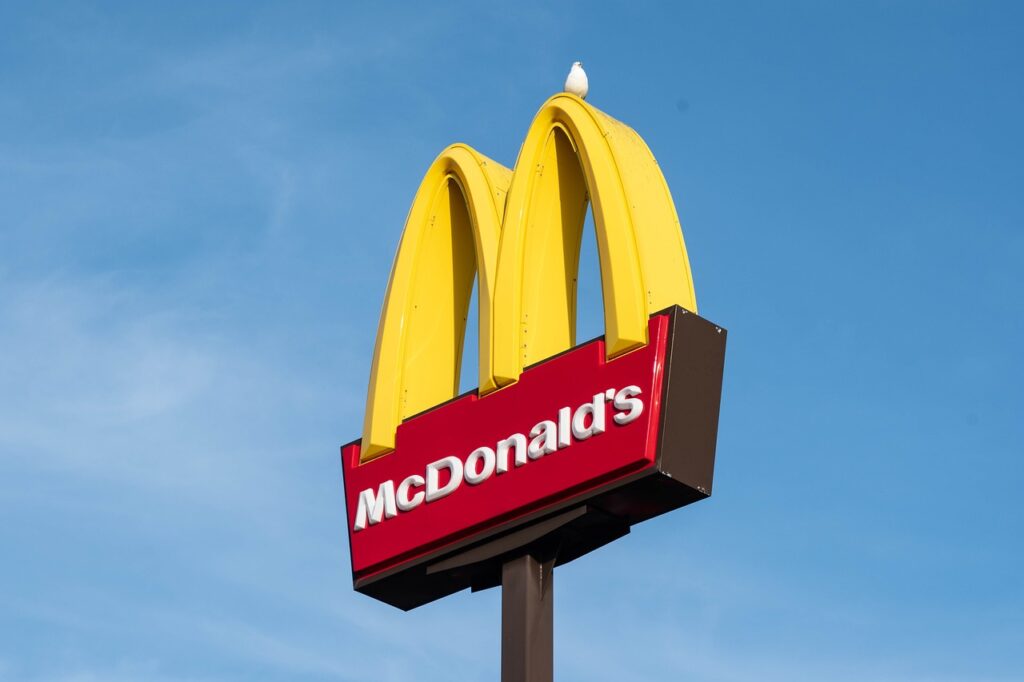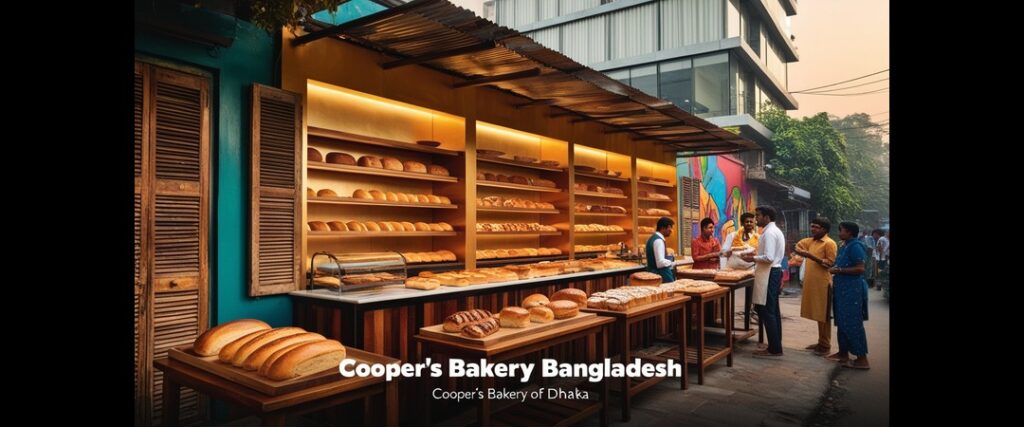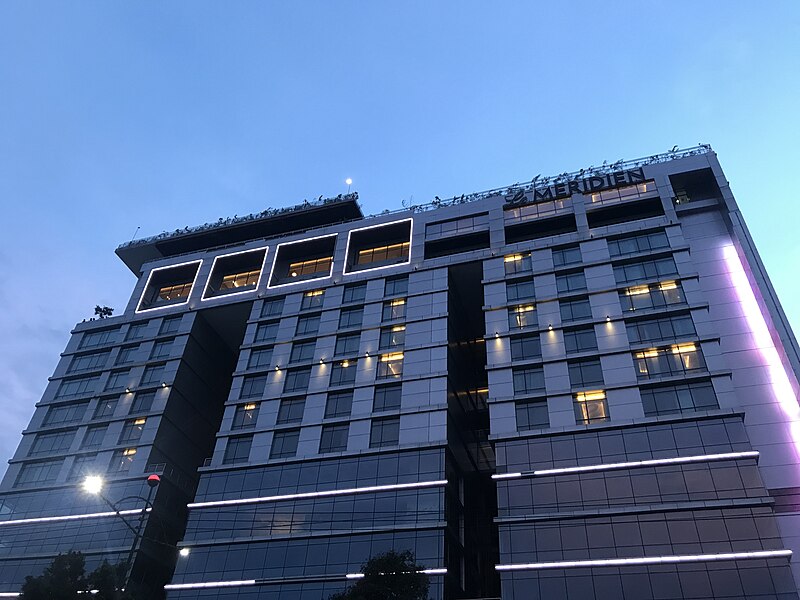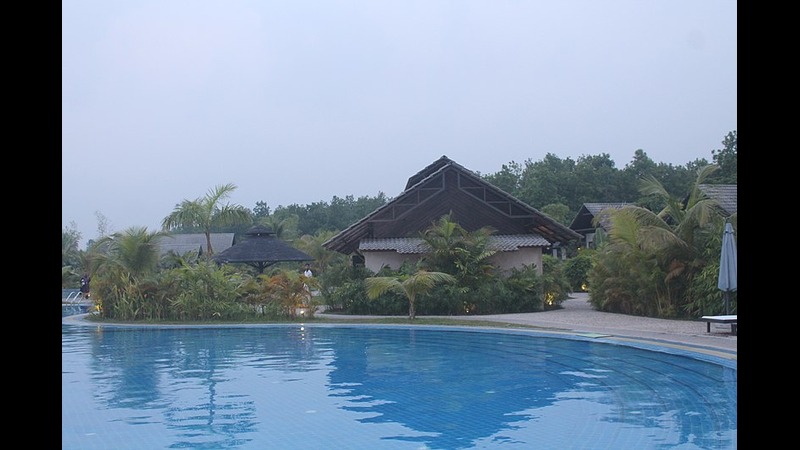McDonald’s, the world’s largest fast-food chain, has outlets in over 100 countries, serving millions of customers daily. Despite its global presence, McDonald’s has yet to establish any restaurants in Bangladesh, a densely populated country with a growing economy and a thriving fast-food culture. This article explores the various reasons behind McDonald’s absence in Bangladesh, considering economic, logistical, cultural, and competitive factors.
Economic and Logistical Challenges
High Initial Investment
Opening a McDonald’s franchise requires a significant initial investment. This includes costs for securing prime real estate, constructing the restaurant, and ensuring a steady supply chain for high-quality ingredients. Bangladesh’s urban centers, such as Dhaka and Chittagong, have high real estate prices, making it expensive to establish new outlets. Additionally, the infrastructure needed to maintain McDonald’s operational standards involves a substantial financial commitment.
Supply Chain and Quality Control
Maintaining McDonald’s stringent quality control standards requires a robust and reliable supply chain. This includes sourcing fresh ingredients, managing cold storage, and ensuring timely delivery to outlets. Bangladesh’s logistics infrastructure, while improving, may still pose challenges in maintaining the consistency and quality that McDonald’s demands. The lack of an established supply network for the specific ingredients used by McDonald’s could lead to difficulties in upholding their global standards.
Cultural and Regulatory Factors
Dietary Preferences and Menu Adaptation
Bangladesh has a predominantly Muslim population, which influences dietary preferences and restrictions, particularly concerning halal food. While McDonald’s has successfully adapted its menu to meet halal requirements in other Muslim-majority countries, introducing a culturally appropriate menu in Bangladesh would still require careful consideration and adaptation. Additionally, local tastes and preferences might differ from standard McDonald’s offerings, necessitating further customization.
Regulatory Environment
The regulatory environment in Bangladesh can be complex, with various requirements for food safety, business operations, and foreign investments. Navigating these regulations can be time-consuming and challenging for international businesses looking to enter the market. Ensuring compliance with local laws while maintaining McDonald’s international standards might present significant hurdles.
Competitive Landscape
Existing Fast Food Chains
Bangladesh’s fast food market is already served by several international and local chains, including KFC, Pizza Hut, Burger King, and local favorites like BFC (Best Fried Chicken) and Helvetia. These brands have established a strong presence and loyal customer base, offering stiff competition for any new entrant. KFC, for example, has over 20 outlets across the country and has adapted its menu to cater to local tastes.
Local Food Preferences
Bangladeshis have a strong preference for local cuisine, which includes a variety of traditional dishes and flavors. Fast food chains that have succeeded in Bangladesh often incorporate local tastes into their menus. McDonald’s would need to introduce localized menu items to compete effectively, which involves additional research, development, and marketing efforts.
Future Prospects
Potential Market Entry
Despite the challenges, there remains a possibility for McDonald’s to enter the Bangladeshi market in the future. The growing middle class, increasing urbanization, and rising disposable incomes present a lucrative market for international brands. If McDonald’s can navigate the economic, logistical, cultural, and regulatory challenges, it could potentially establish a successful presence in Bangladesh.
Strategic Partnerships
Forming strategic partnerships with local businesses could help McDonald’s overcome some of the barriers to entry. Collaborating with local suppliers, franchisees, and logistics providers could facilitate a smoother market entry and help McDonald’s adapt to the local market conditions more effectively.
FAQs
1. Is there a McDonald’s in Bangladesh?
No, there are currently no McDonald’s restaurants in Bangladesh.
2. Why hasn’t McDonald’s opened in Bangladesh?
Various factors, including high initial investment, supply chain challenges, cultural adaptation, regulatory hurdles, and existing competition, have contributed to McDonald’s absence in Bangladesh.
3. Are there other international fast food chains in Bangladesh?
Yes, several international fast food chains, such as KFC, Pizza Hut, Burger King, and Subway, operate in Bangladesh.
4. Could McDonald’s open in Bangladesh in the future?
While there are significant challenges, the growing economy and increasing demand for fast food present potential opportunities for McDonald’s to enter the Bangladeshi market in the future.
5. What are the main challenges McDonald’s would face in Bangladesh?
The main challenges include high initial investment, maintaining quality control, adapting the menu to local tastes, navigating regulatory requirements, and competing with established fast food chains.
Conclusion
The absence of McDonald’s in Bangladesh can be attributed to a combination of economic, logistical, cultural, and competitive factors. While the challenges are significant, the potential for market entry remains, given the right strategic approach. Understanding and addressing these barriers will be crucial for McDonald’s if it decides to expand into Bangladesh in the future.




